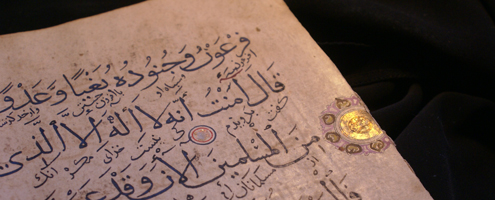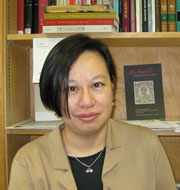Professor Catlos works on social relations in the premodern Mediterranean and is one of the scholars shaping the emerging interdisciplinary field of Mediterranean Studies. His current projects include a history of the Muslim communities in Latin Christendom from the eleventh to seventeenth centuries; studies of Muslim and Jewish minorities in Medieval Iberia based on original archival research; and premodern Mediterranean ethno-religious identity and intergroup relations.
Brian Catlos is Associate Professor of History at UCSC; Co-Director of the UC Mediterranean Studies Multi-Campus Research Project and the UCSC Center for Mediterranean Studies.










